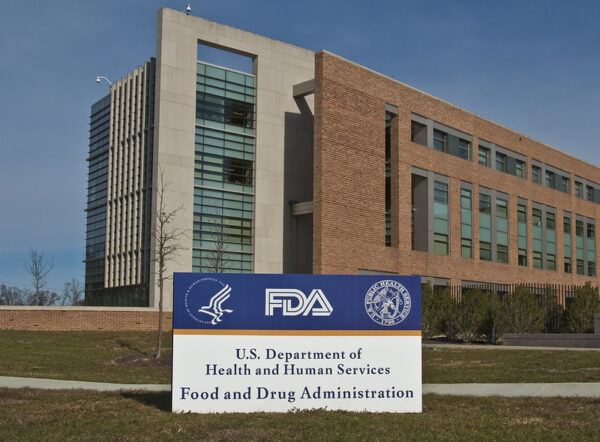
Alzheimer’s disease is currently diagnosed with expensive medical imaging or invasive methods that require a spinal tap. Patients now have an alternative. The FDA has cleared a new Fujirebio Diagnostics test that detects signs of the disease from a sample of patient blood, marking what the agency says is the first blood test for the neurodegenerative disorder.
The regulatory decision announced Friday covers early detection of amyloid plaques in adults age 55 and older who show signs and symptoms of the disease. The diagnostic will carry the brand name Lumipulse G pTau217/ß-Amyloid 1-42 Plasma Ratio.
Buildup of amyloid plaque is a hallmark characteristic of Alzheimer’s. The new FDA-approved Alzheimer’s drugs Leqembi, from Eisai, and Kisunla, from Eli Lilly, work by targeting and breaking up amyloid plaques. The ability to detect signs of the disease earlier could enable patients to begin treatment sooner.
Fujirebio’s test measures plasma levels of two proteins, pTau217 and β-amyloid 1-42. The test then calculates the numerical ratio of the levels of these proteins, which correlates to the presence or absence of amyloid plaques in a patient’s brain.
The FDA decision for the new Fujirebio diagnostic was based on the results from a clinical test of 499 plasma samples from adults who were cognitively impaired. The FDA said 91.7% of those tested with the Fujirebio test had the presence of amyloid plaques shown by positron emission tomography (PET) scan or a cerebrospinal fluid (CSF) test result; 97.3% of those with negative results had a negative PET scan or CSF test result. As with any diagnostic test, the FDA said this test’s main risk is the possibility of false positive or false negative results.
Fujirebio already markets an Alzheimer’s test that measures these proteins from a sample of CSF. That test was the predicate device to which the new Fujirebio diagnostic was compared under the FDA’s 510(k) pathway. The FDA found that the new Lumipulse test was substantially equivalent to the previous test that analyzes CSF.
“Today’s clearance is an important step for Alzheimer’s disease diagnosis, making it easier and potentially more accessible for U.S. patients earlier in the disease,” Michelle Tarver, director of the FDA’s Center for Devices and Radiological Health, said in the agency’s announcement of the regulatory decision.
Leerink Partners estimates that the market for the Alzheimer’s diagnostics totals about $9 billion. But analyst Puneet Souda noted in a Friday research note that uptake of Alzheimer’s drugs has been modest, which has the effect of capping the trajectory of diagnostics demand. Other companies developing blood-based diagnostics include C2N Diagnostics, Beckman Coulter Diagnostics, and Quanterix. With the first FDA clearance, Fujirebio’s new diagnostic sets a benchmark for other blood tests to meet, Souda said. But as competition in this market rises, differentiation could come down to the data shown in clinical testing.
“Ultimately, we believe the assay with most clinical evidence will win the race — that appears to be C2N PercivityAd2 so far,” Souda said.
Photo by FDA










